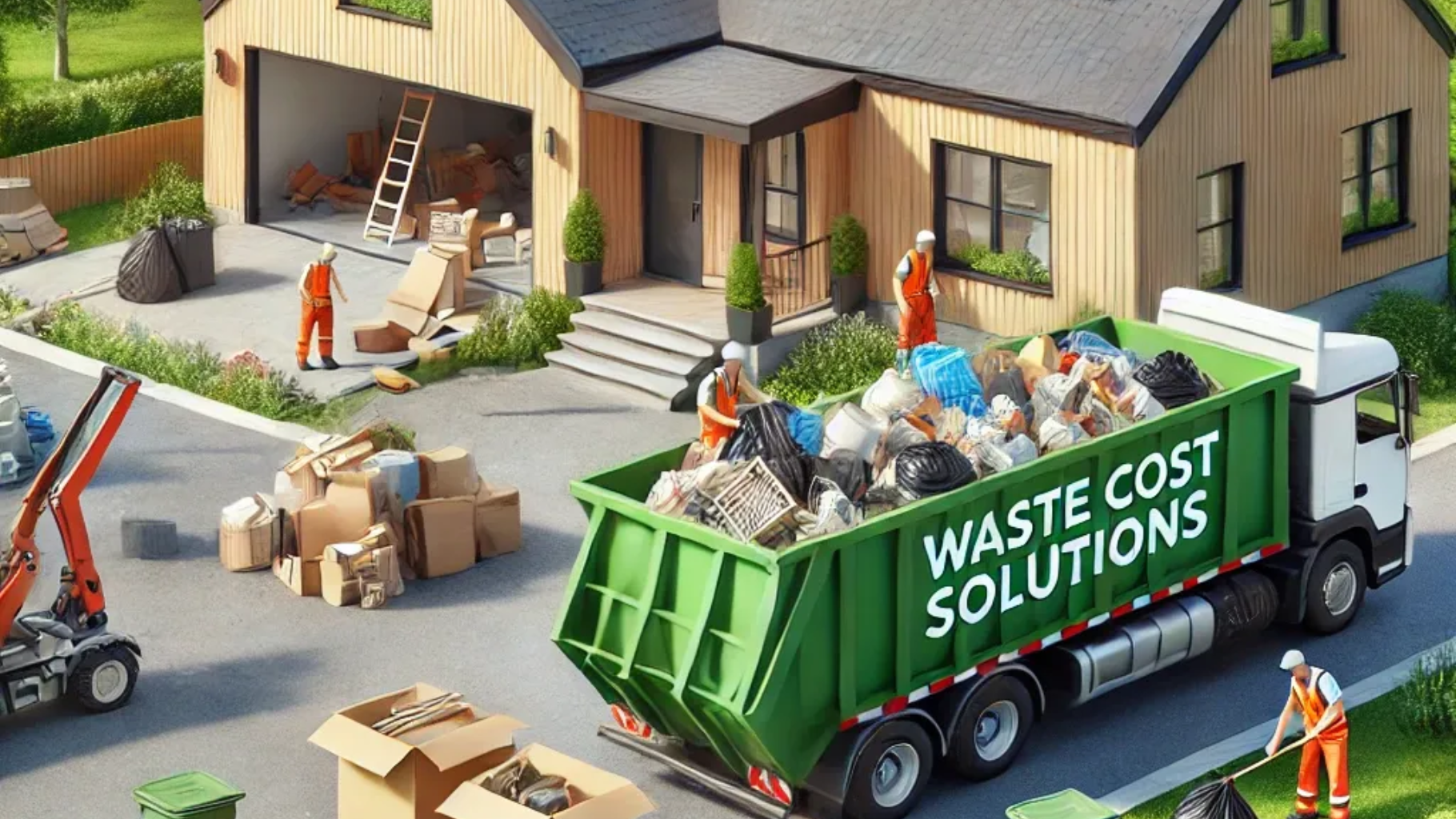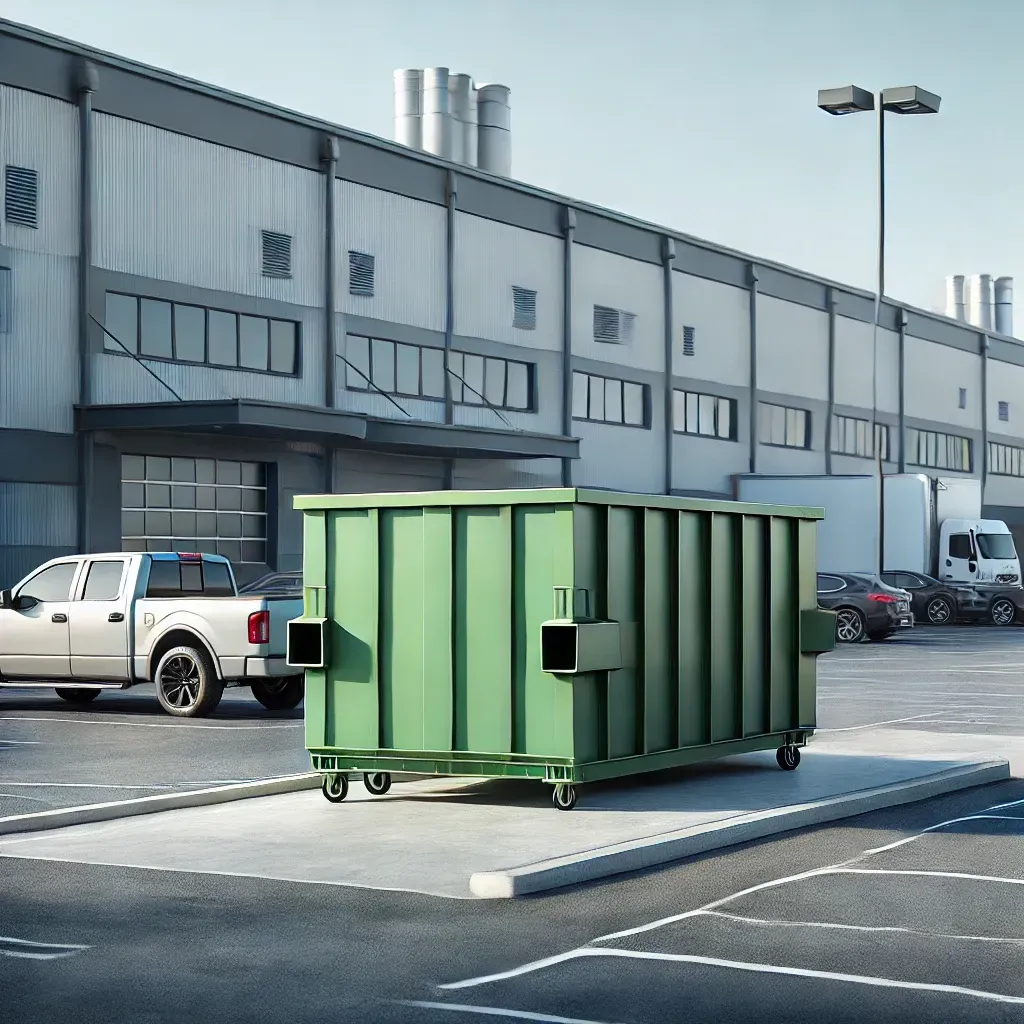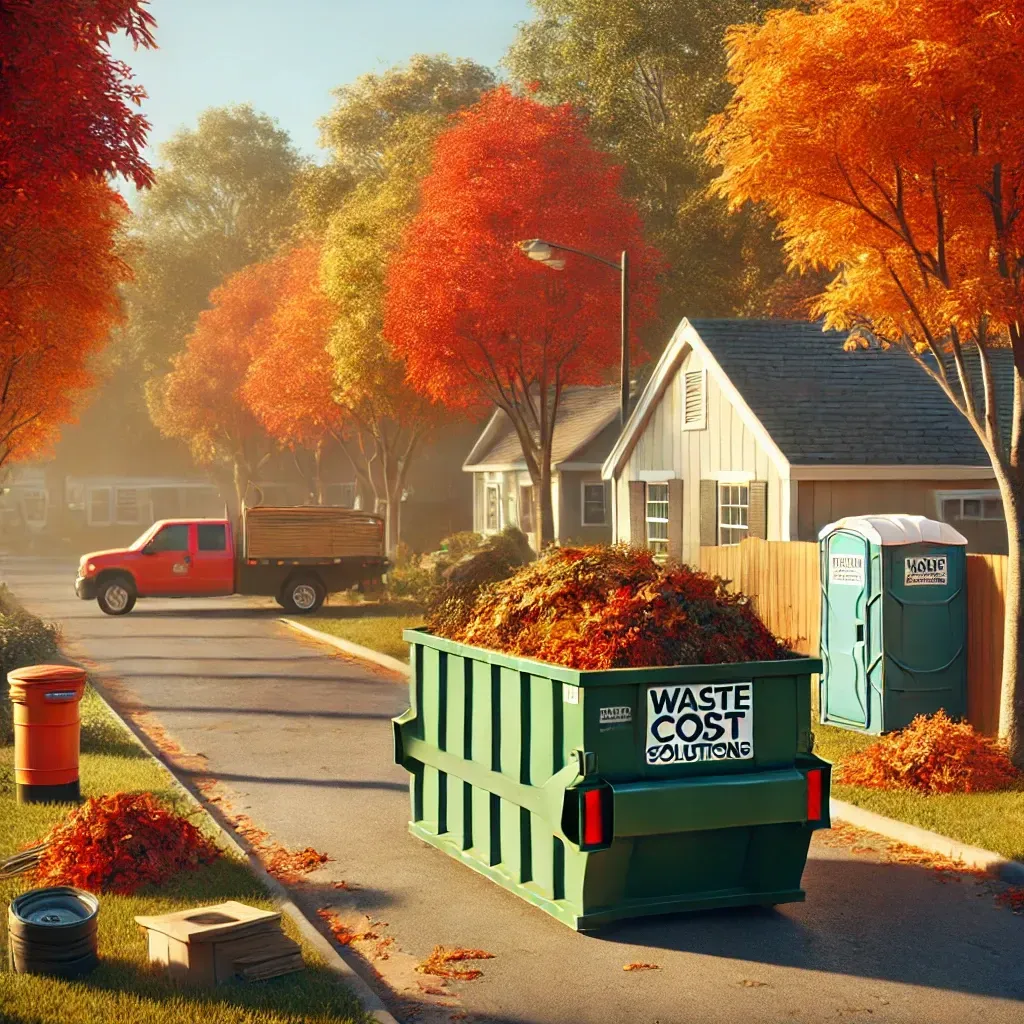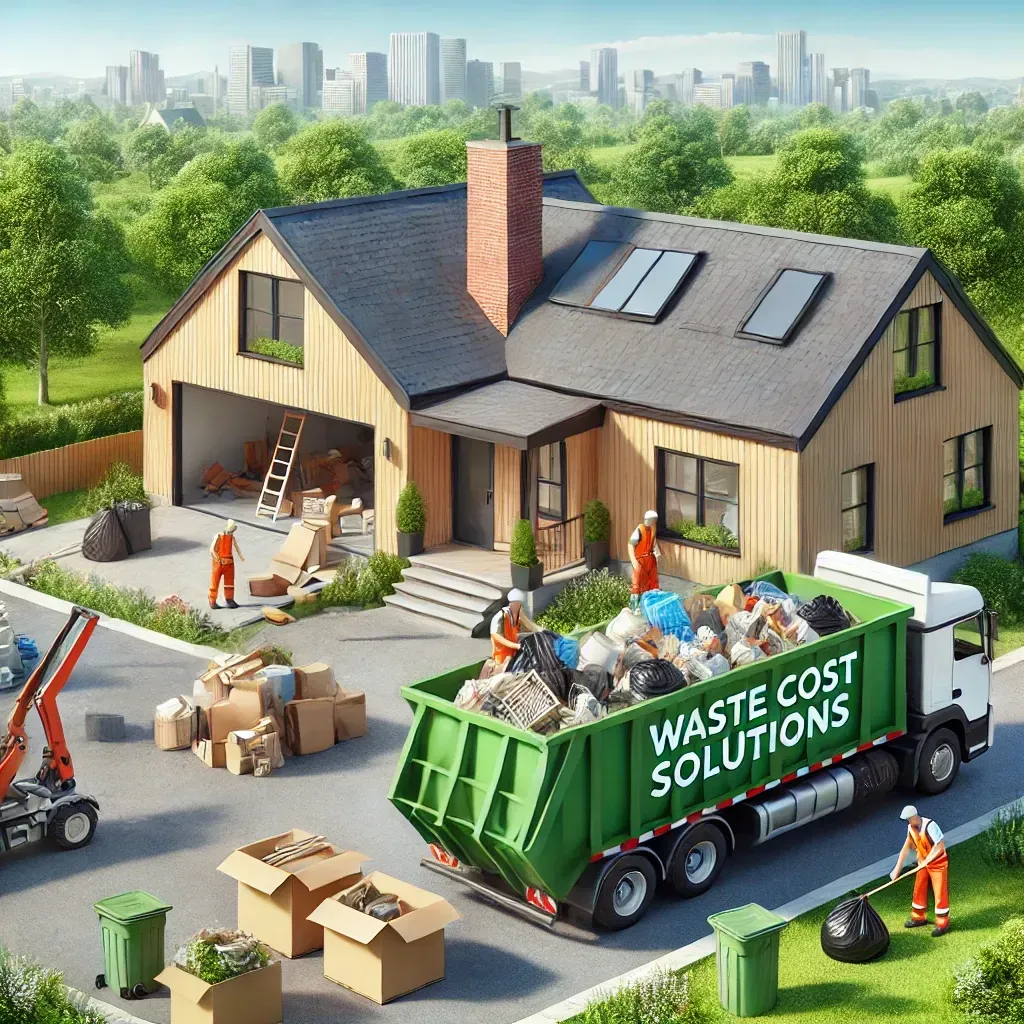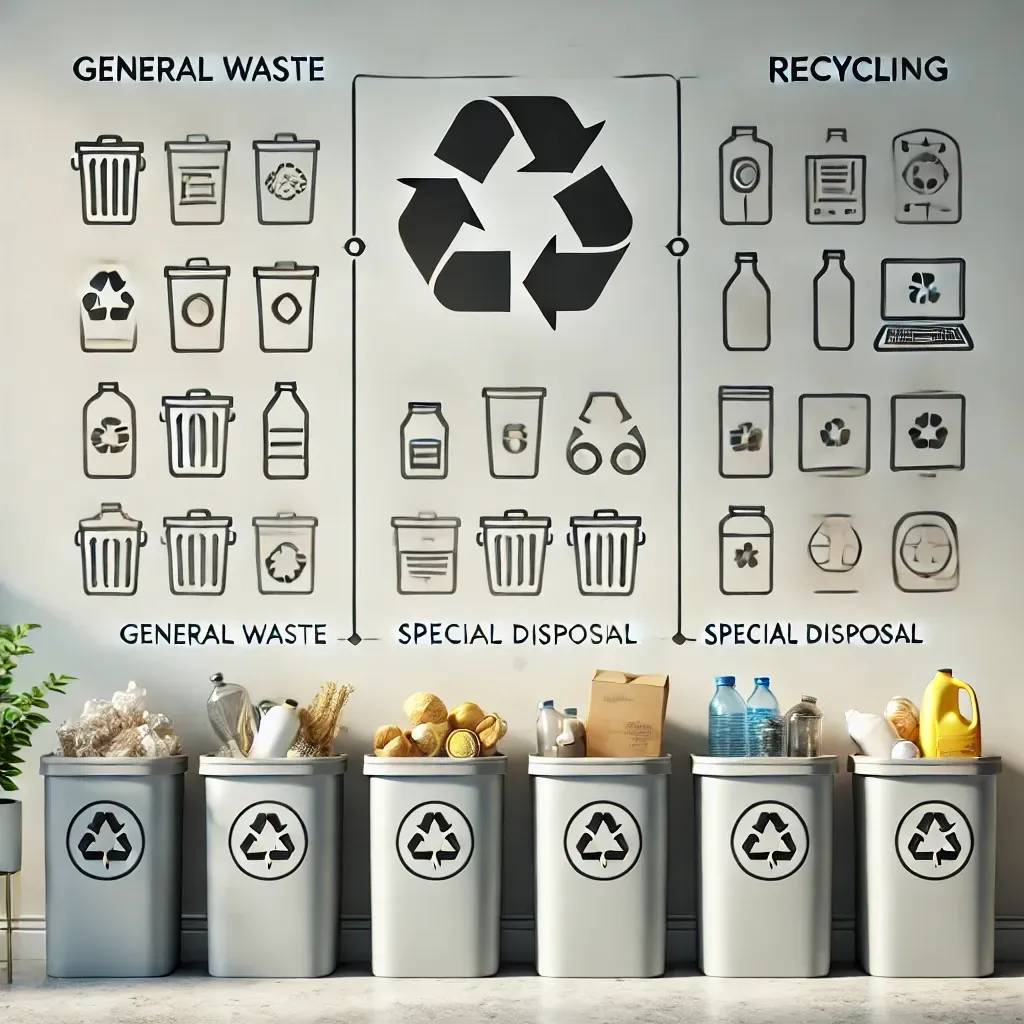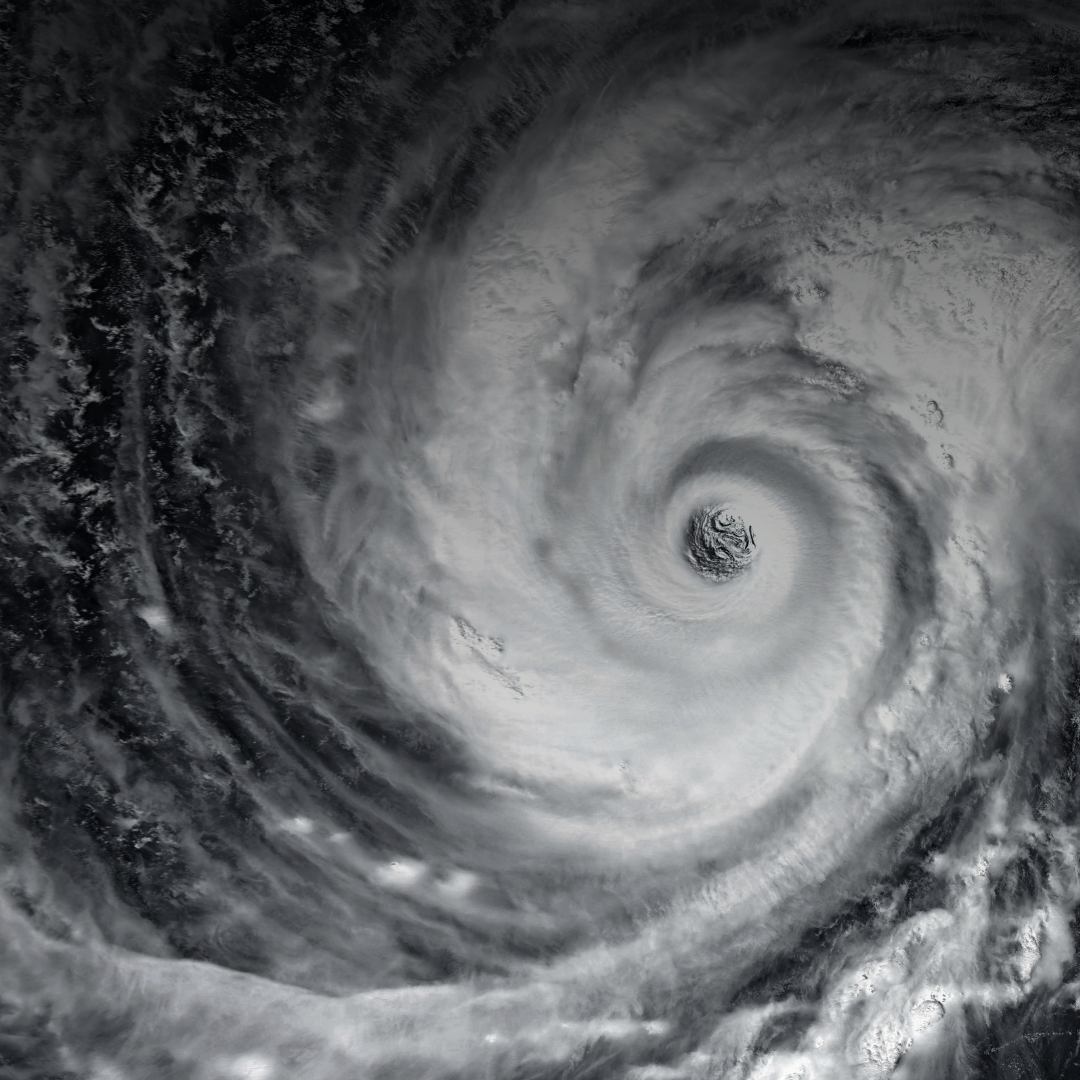Facts About Space Waste
Space Waste: The Final Frontier
It may come as a surprise to some, but there is a growing problem in space: space waste. Scientists estimate that there are currently more than 170 million pieces of man-made debris orbiting the Earth, and that number is only increasing. This space waste comes from old satellites and rocket parts, and it poses a serious threat to both manned and unmanned spacecraft. In this blog post, we'll explore some of the reasons why space waste is such a problem and what, if anything, can be done about it.
The Problem with Space Waste
One of the biggest problems with space waste is that it can travel at extremely high speeds. A piece of debris no bigger than a pebble can cause significant damage to a spacecraft if it were to collide with it. This was demonstrated in 2006 when a small piece of space junk collided with the International Space Station, causing a dent in one of its solar panels. such collisions could cause catastrophic damage to both manned and unmanned spacecraft and potentially put lives at risk.
Another problem with space waste is that it can impede our ability to explore and use outer space. As the number of debris increases, it becomes more and more difficult to launch new spacecraft without the risk of collision. This problem was highlighted in 2009 when two satellites collided, creating even more debris and making it even harder to avoid future collisions.
What Can Be Done About It?
Unfortunately, once something has been sent into orbit, there is no easy way to remove it. Most orbital debris eventually burns up upon reentry into Earth's atmosphere; however, this process can take centuries or longer. One way to reduce the amount of space waste is to design spacecraft that are easier to disassemble or recycle once they've completed their mission. Another way is to better monitor and track existing debris so that we can avoid collisions before they happen.
Space waste is a big problem with no easy solution. As the number of pieces of man-made debris in orbit continues to increase, so too does the risk of collision for both manned and unmanned spacecraft. We must take action now to reduce the amount of space waste being produced and better monitor existing debris so that we can avoid future collisions. With careful planning and execution, we can keep our planet—and our galaxy—clean for generations to come.
